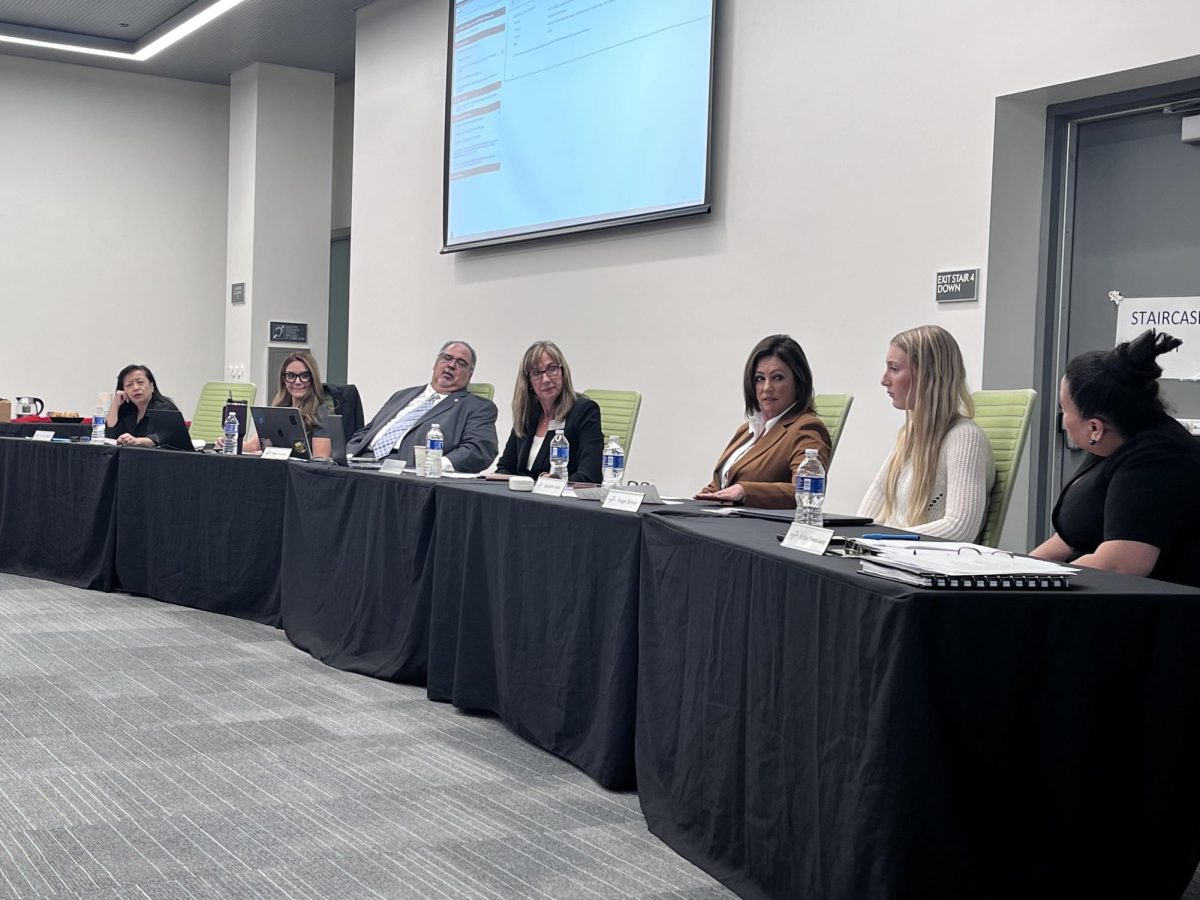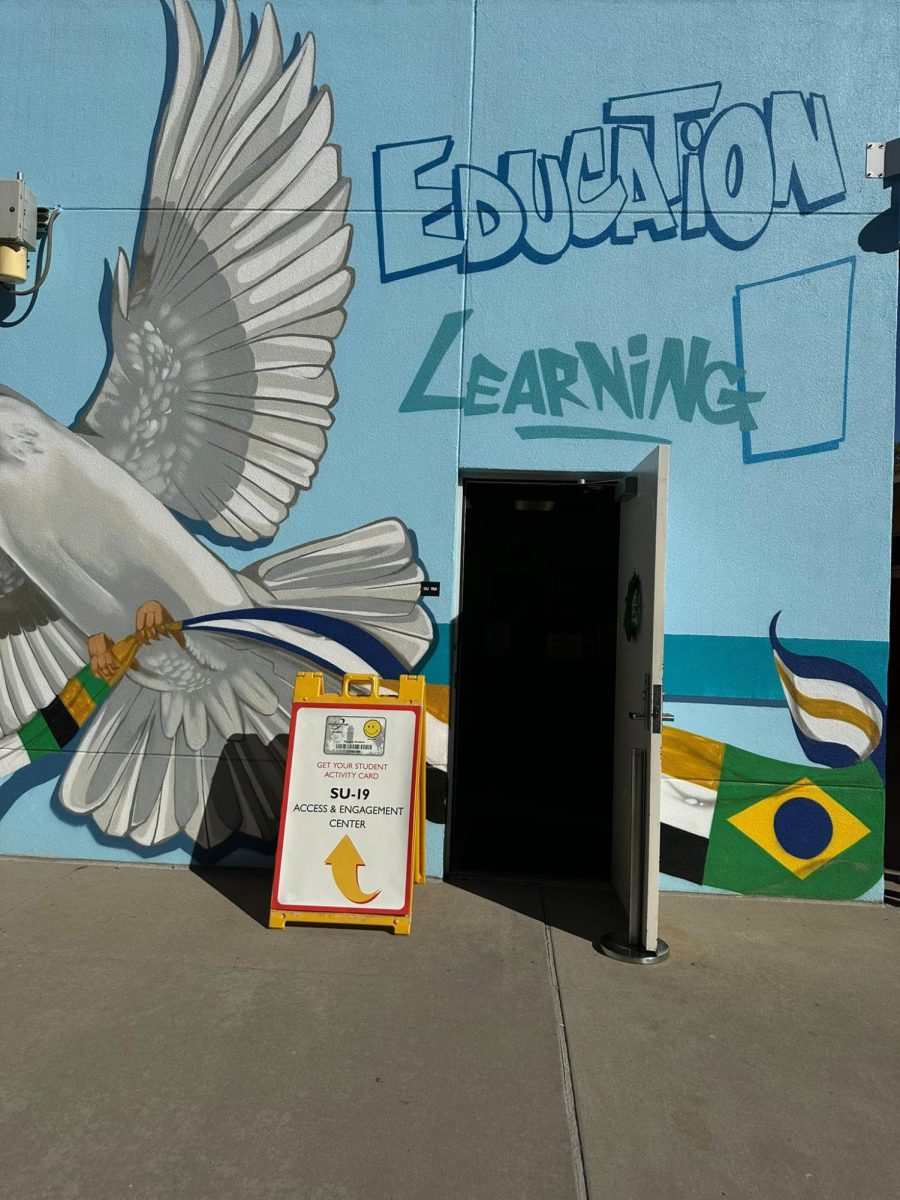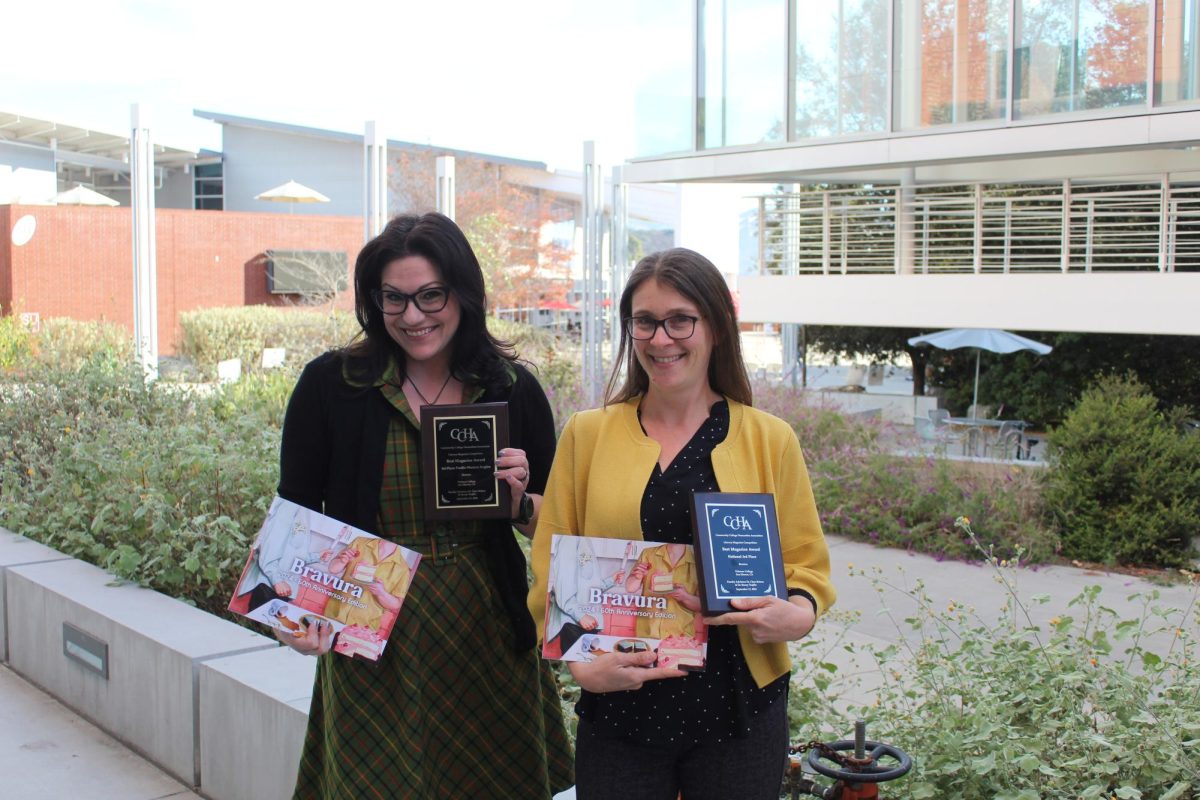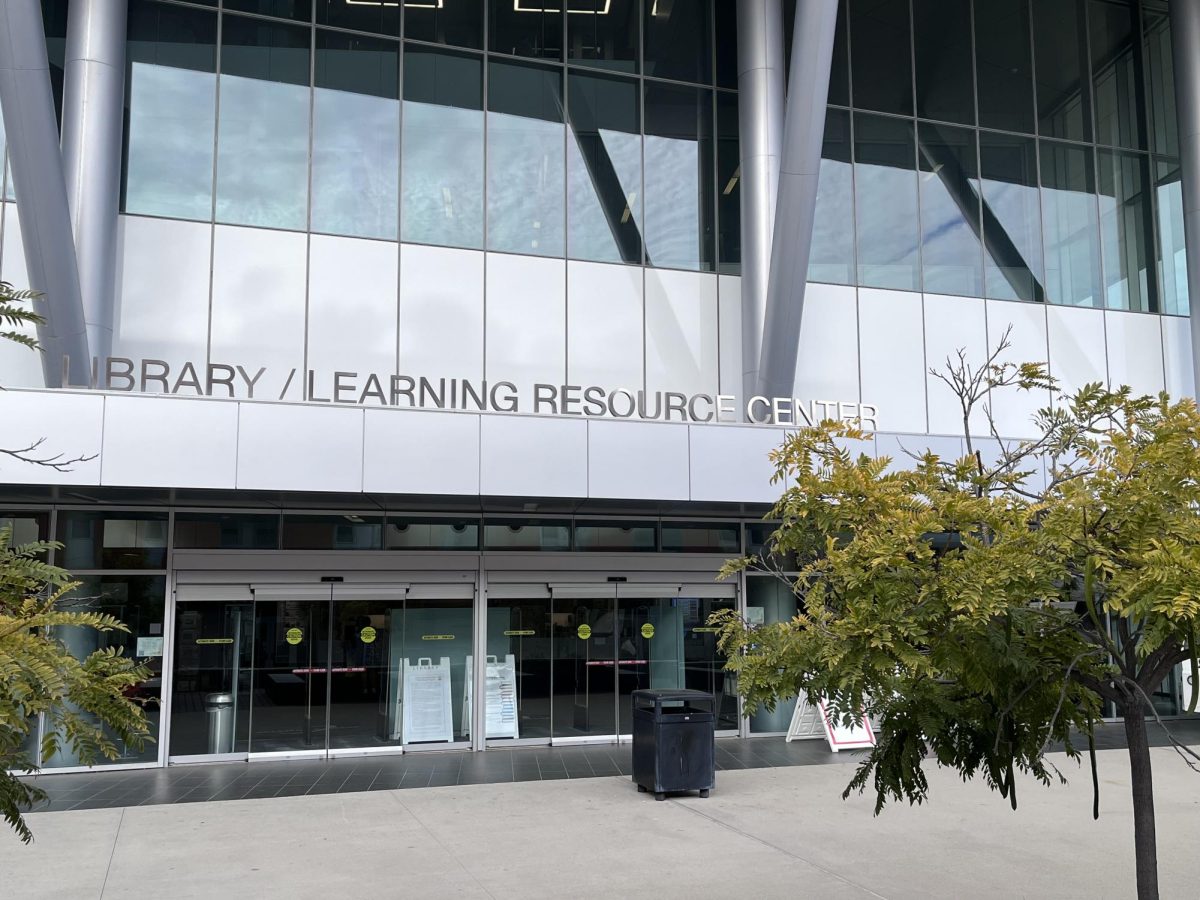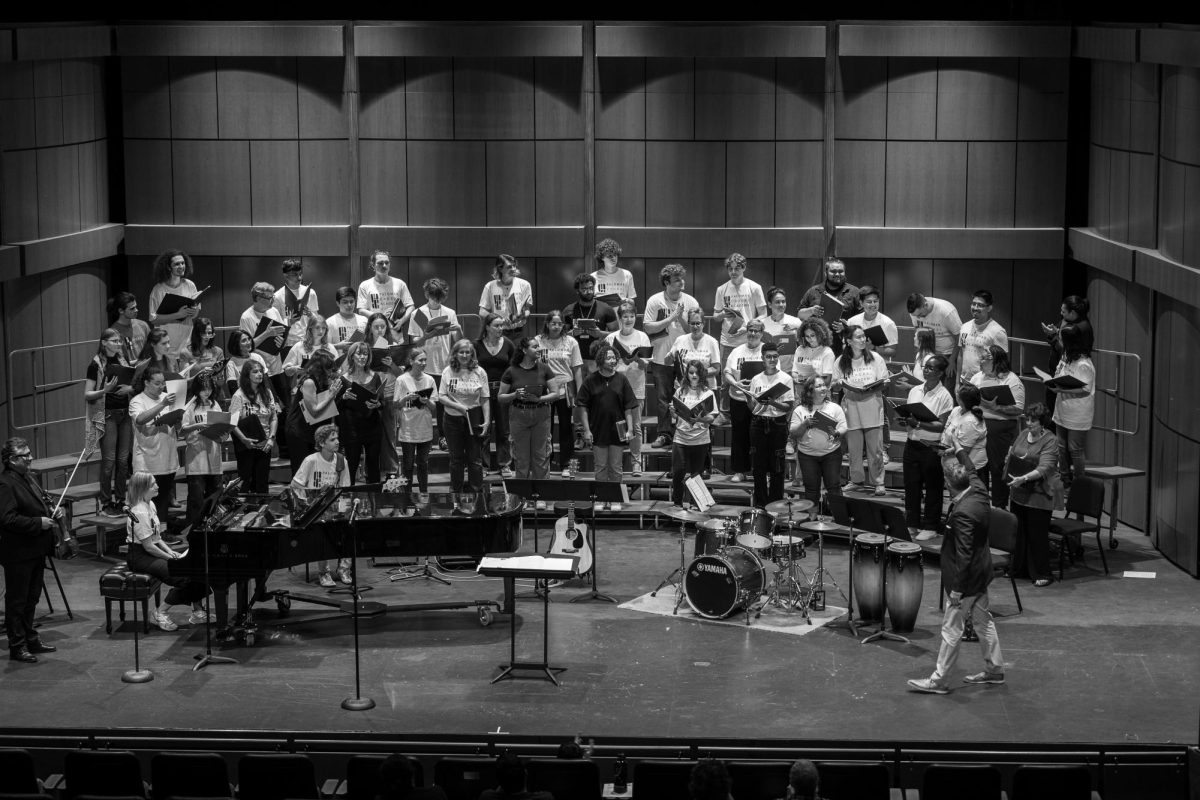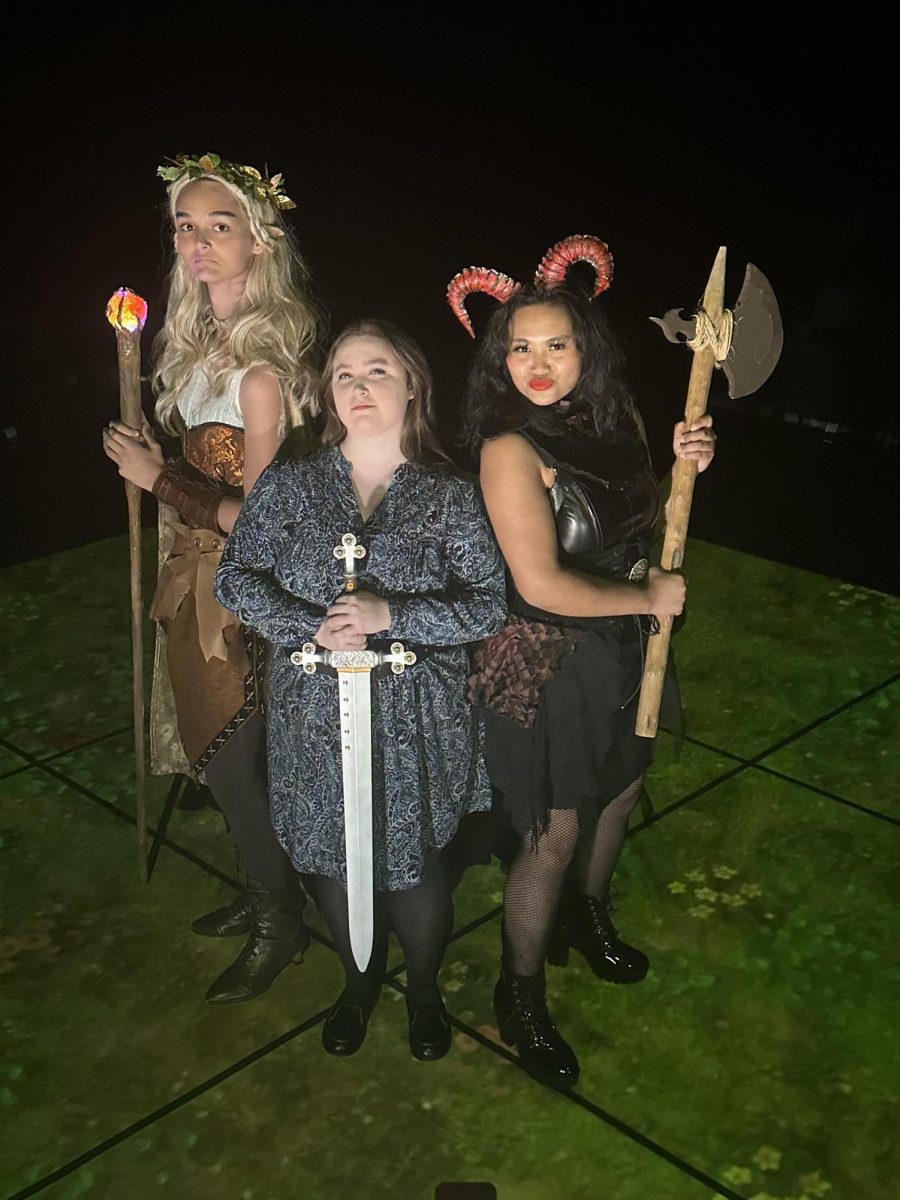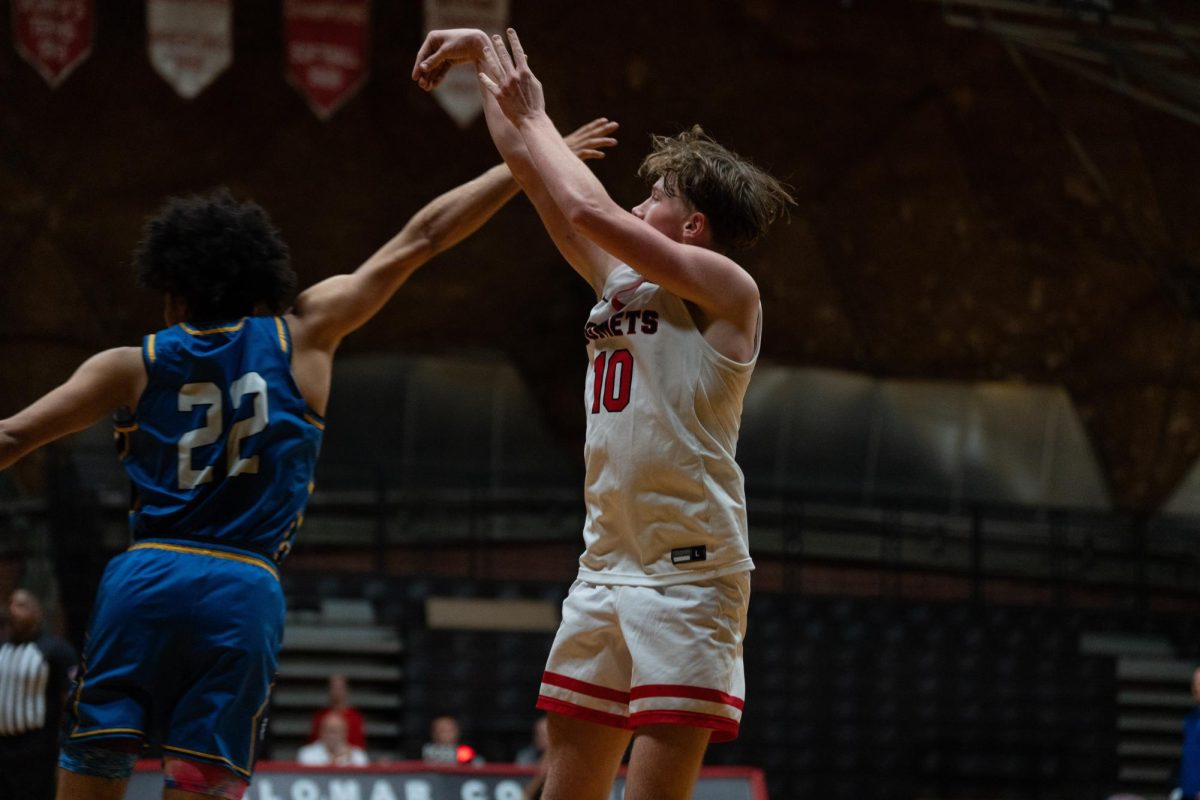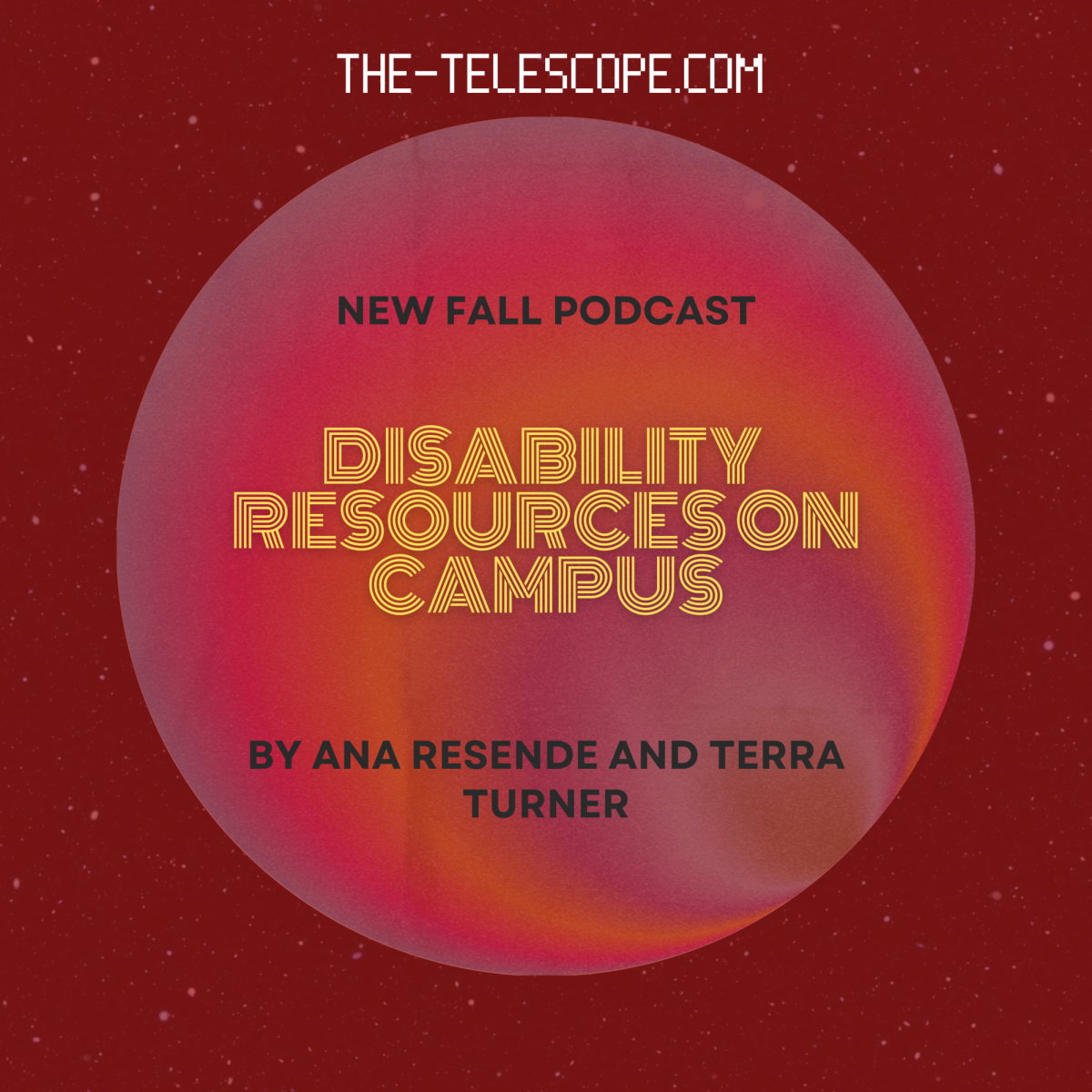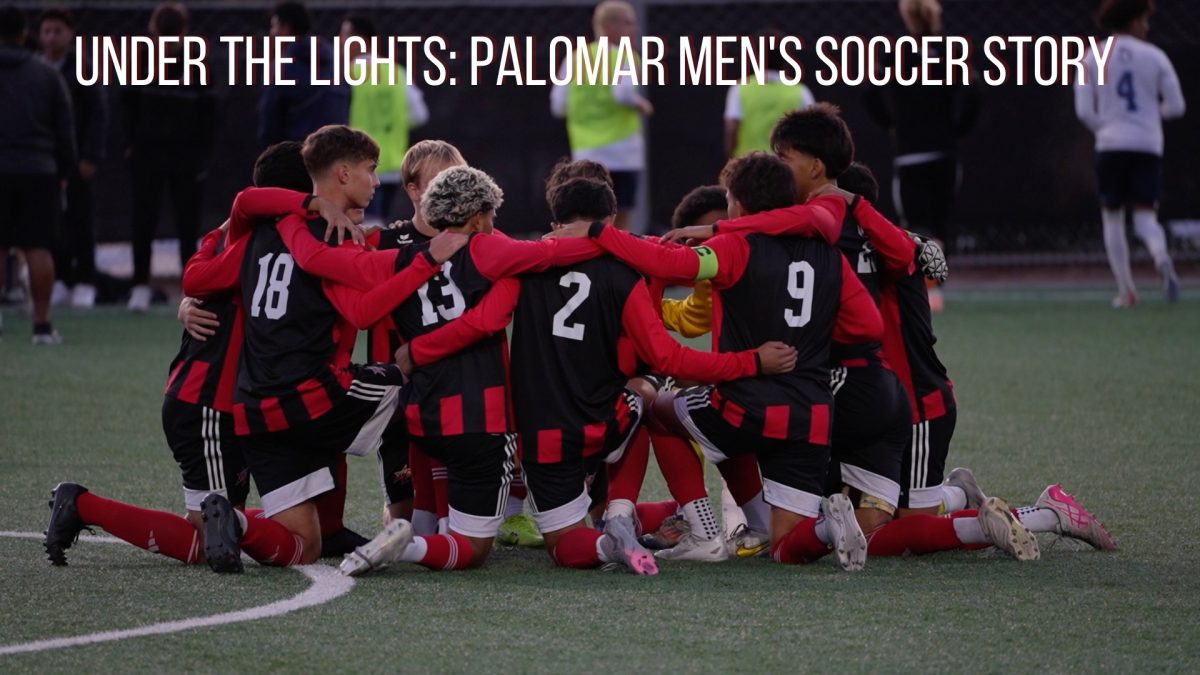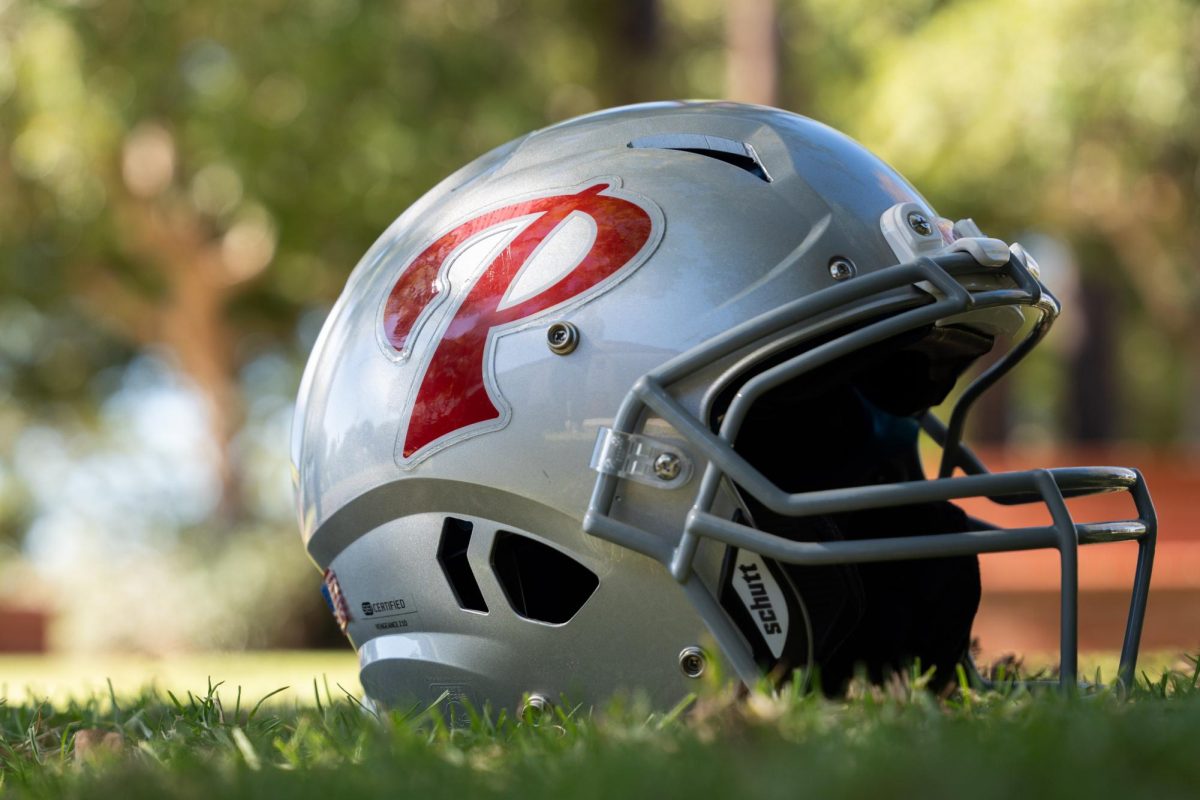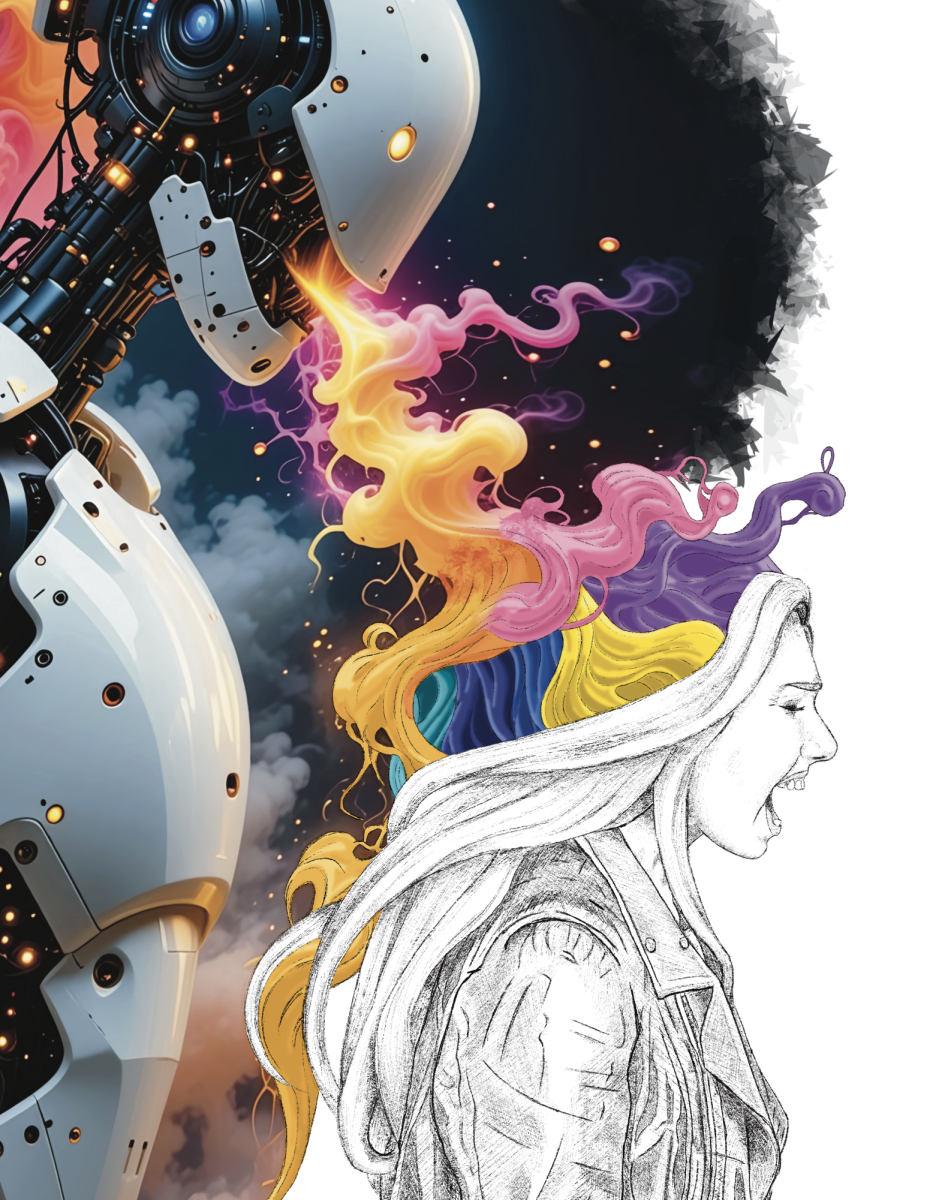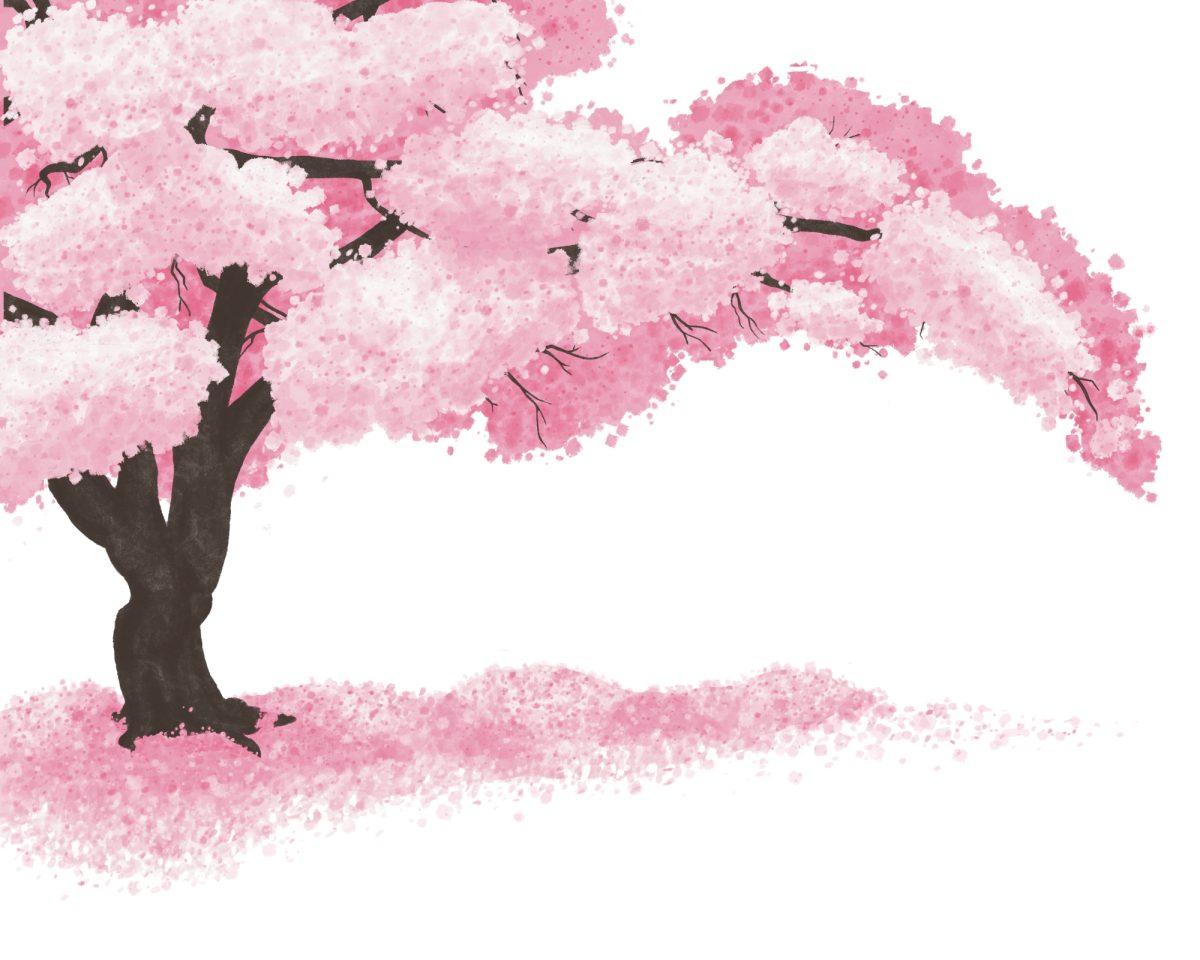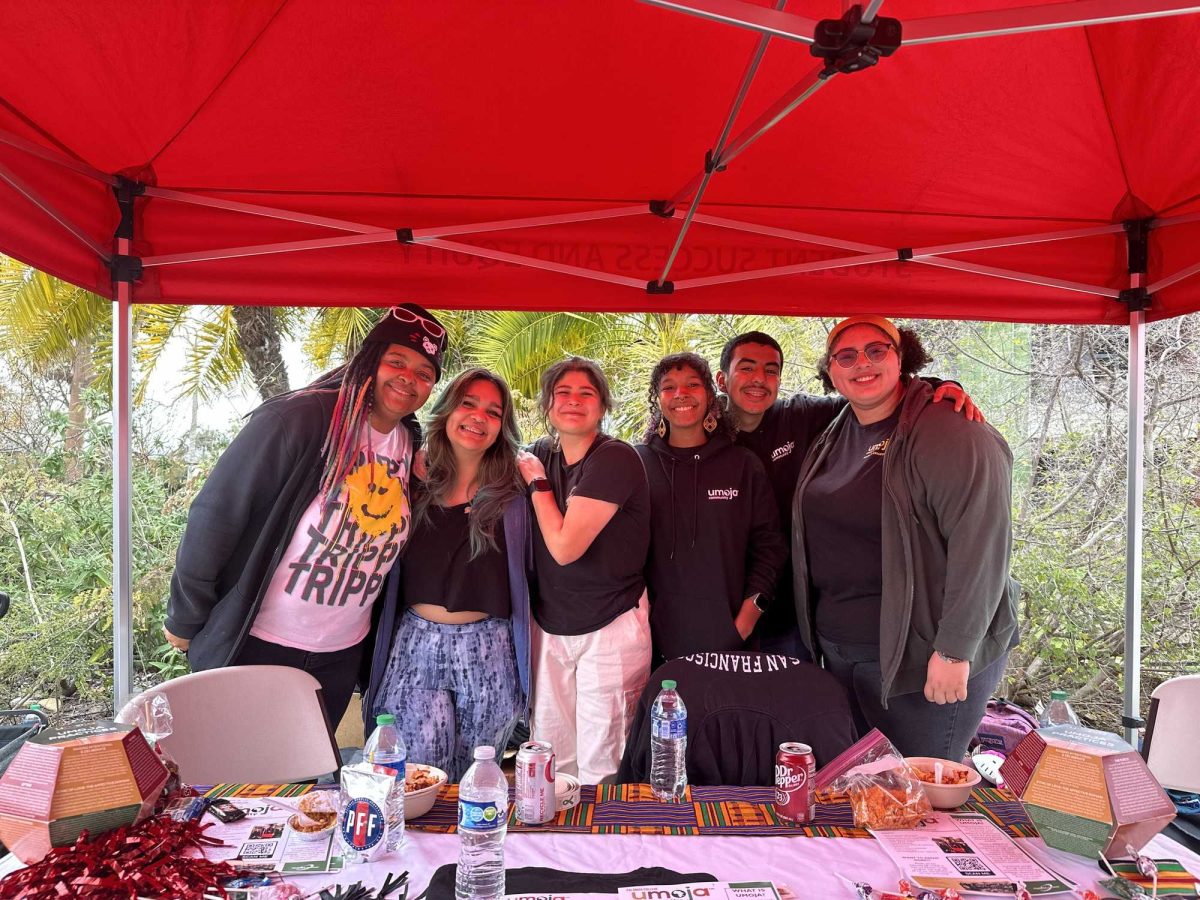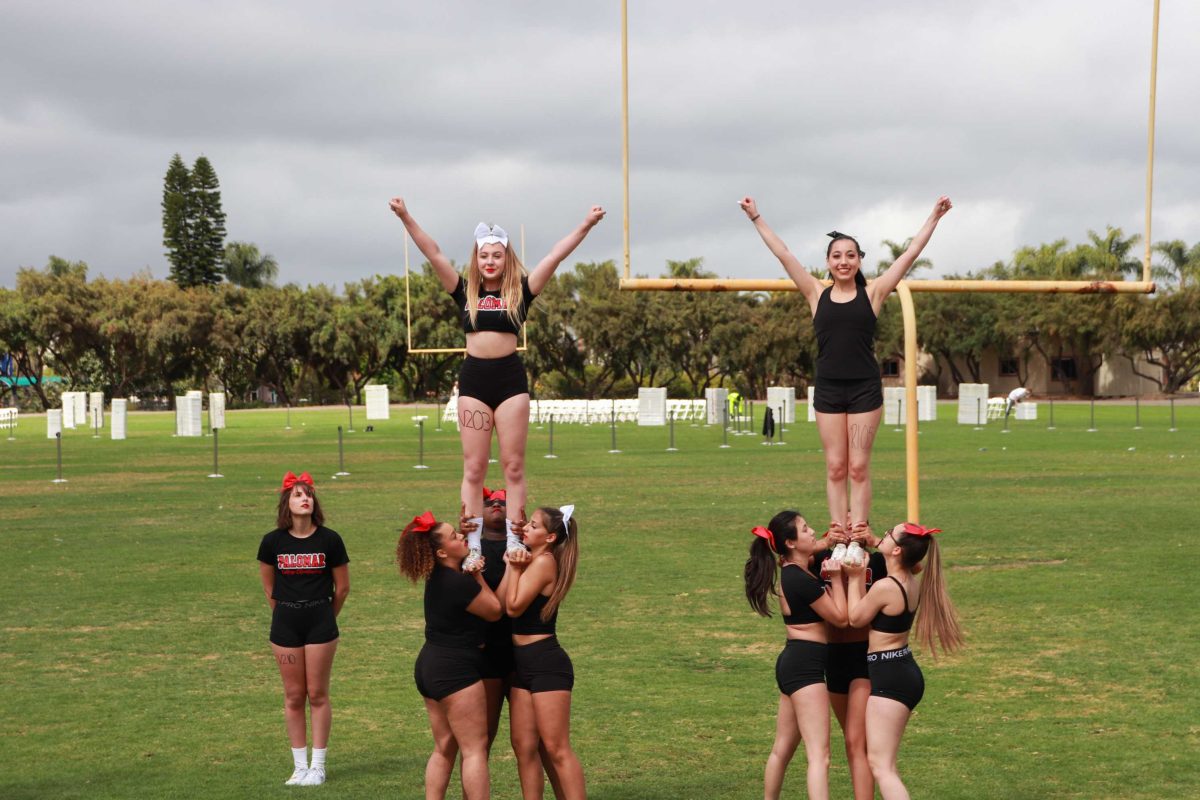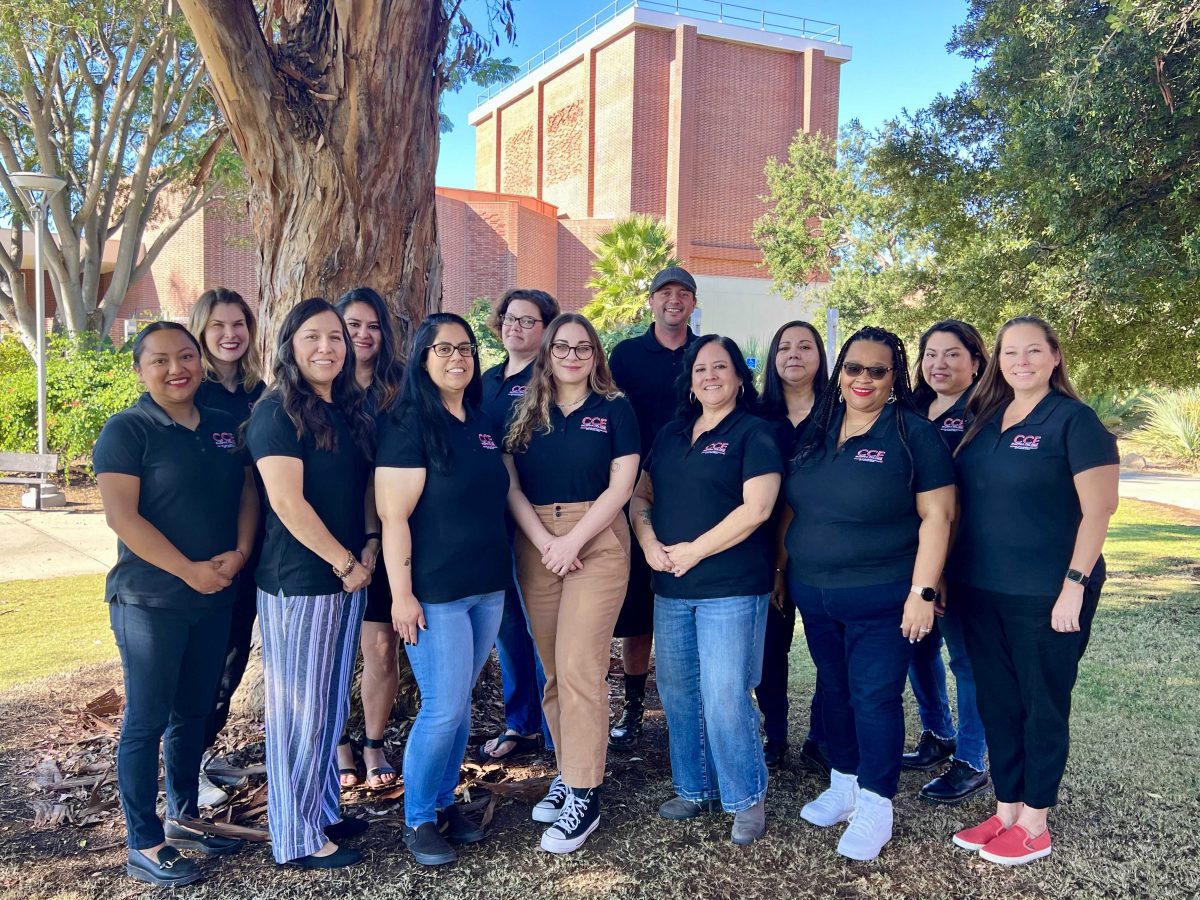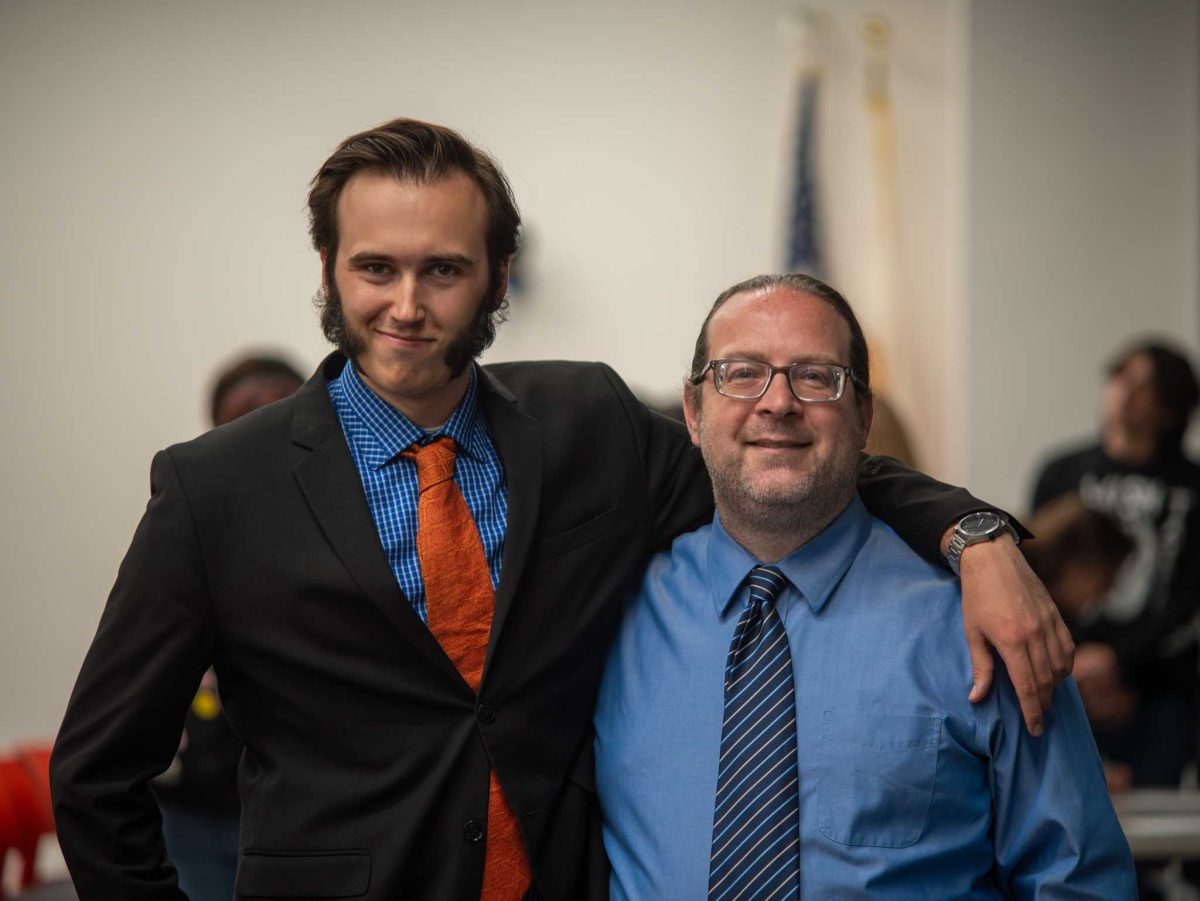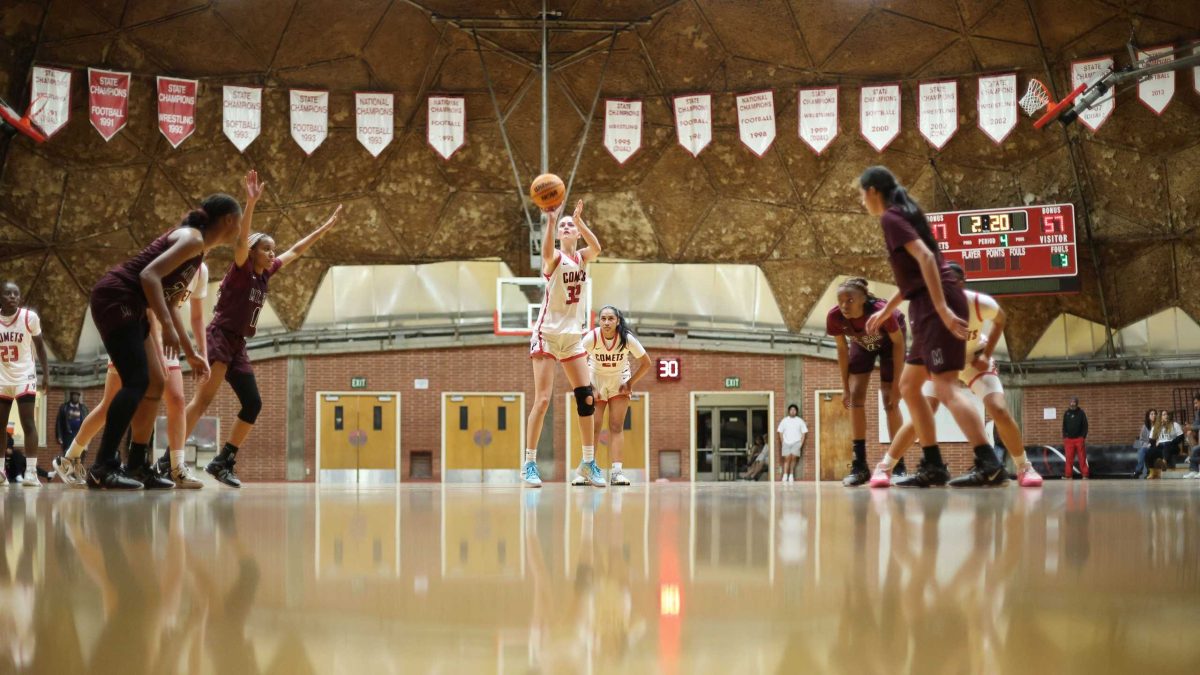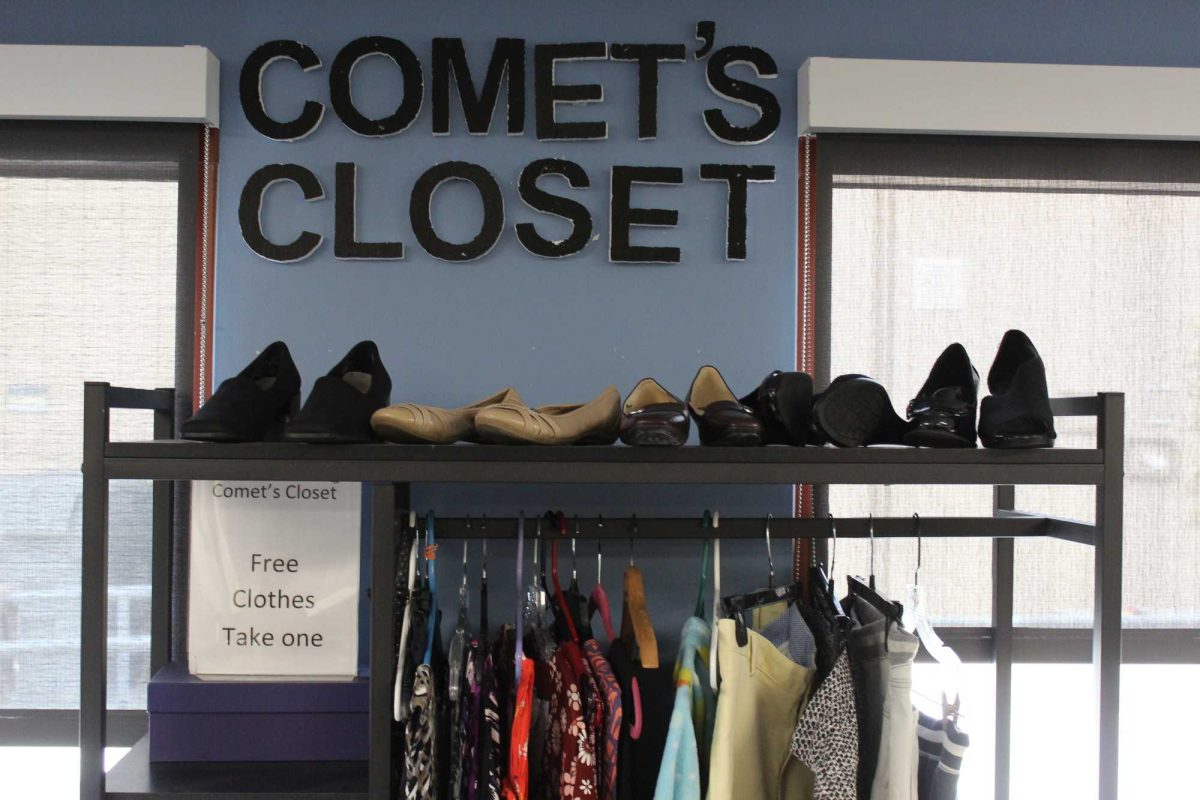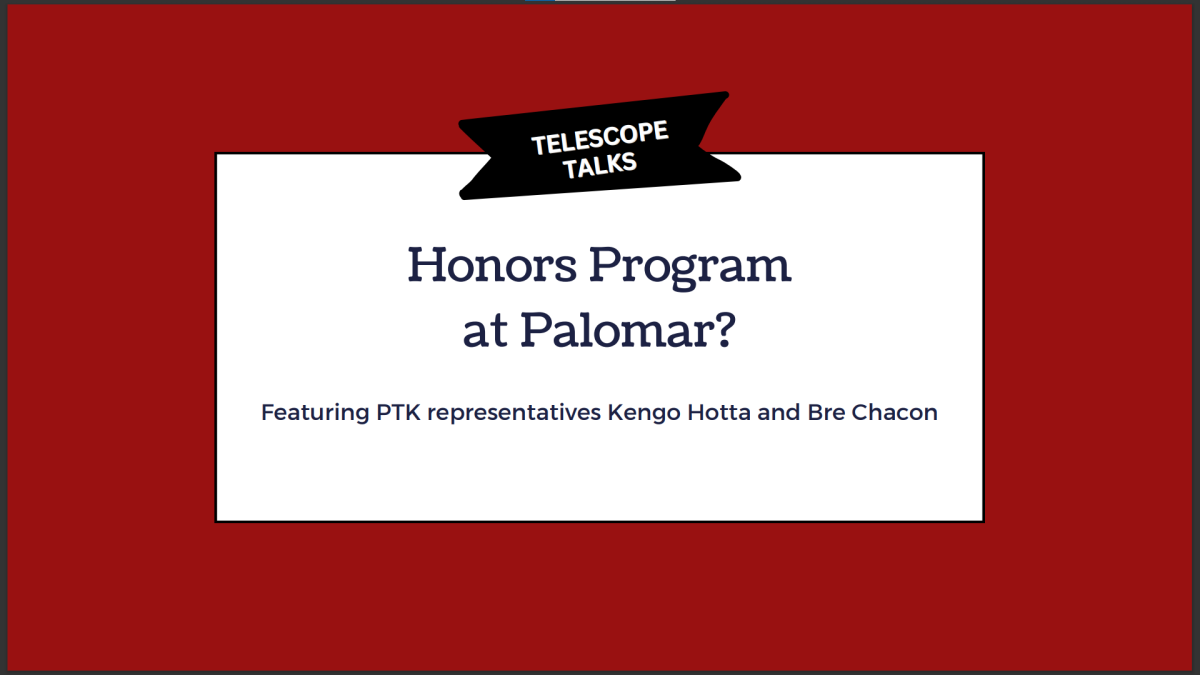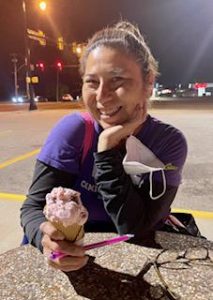SAN MARCOS- Food, music, and history had been presented by the Palomar Black Faculty and Staff Association (PBFSA) at the fourth annual Black history fair.
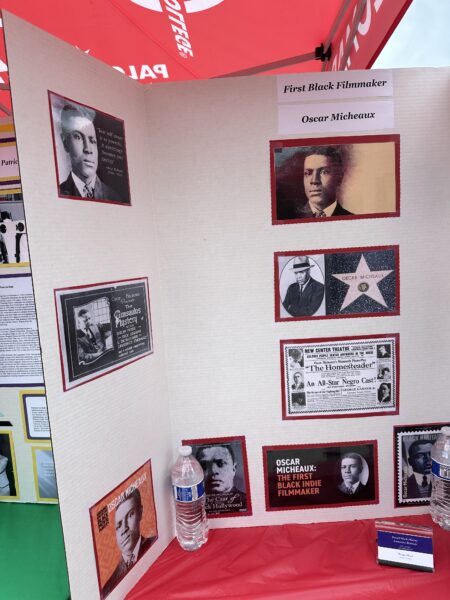
Prominently displayed in the student union was Carolyn Rossell’s the Rossell Black History Awareness Museum, a mobile museum. Started 14 years ago with her daughter, the museum had displays of prominent figures in history such the first Black filmmaker, Oscar Micheaux, and Ida B. Wells-Barnett, journalist and activist. The traveling museum, of which only a small portion was presented at Palomar, included artists, scientists, teachers, politicians and Oprah.
Another display featured Loretta, or Henrietta Lacks, whose immortal HeLa cell line was responsible for many scientific discoveries. Rossell said, “If you took the polio shot, you have a part of herself in your body.” Lacks cells had been taken without her consent, and it was decades after her death that she was recognized and honored, Rossell said.
Rossell retired as a career technician where she had registered students, had college reps come onto campus, and administered ACT and SAT tests. One year the school wanted the teachers and the staff to portray women in history and she chose Mary McLeod Bethune. She continues to do portrayals of women in history and continues to educate. “It’s my passion,” she said.
“African American history is American history,” Rossell said. The reason her study was so intense was because when she was growing up this history wasn’t taught. She was glad to share it, Rossell said.
DJ Dandelion from MANDATE records performed, and later, live music was provided by Palomar music major students. Jazz classics composed by Black American artists such as Charlie Parker, Miles Davis, and Duke Ellington were performed. On trumpet, director of the jazz ensemble and full time faculty member Paul Kurokawa and students performed selections from the “Great American Songbook,” the canon of important and influential American standards. Kurokawa notes the accomplishments of his students, who also perform in other ensembles. All will further their education in four year universities, a few continuing as music majors.
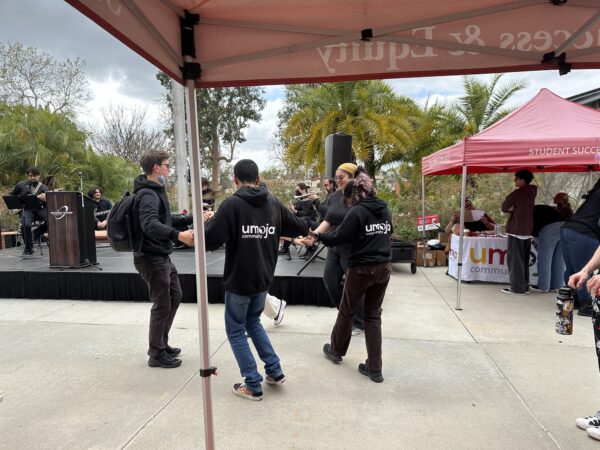
“Jazz is a kind of timeless music…at one time Jazz was America’s most popular music,” Kurokawa said. He said a significant part of American society loves and keeps the tradition.
The Konventional Kitchen catered the fair. The menu included mac and cheese, jollof rice, meatballs and jerk chicken. Booboo’s Pies provided the sweet potato pies. These are local Black owned businesses said Chief Diversity Officer Dr. Nicole Belisle via email. She also served up the dishes on the day of the fair.
Booths of various departments had lined the student union including UMOJA, an organization which student Kaya Quarterman said, “…is just a really great group for black students who are just coming to Palomar or have been at Palomar who just want a little extra support on campus or anyone else who wants to join to learn a little bit more about Black culture.”
The fair had been organized by the PBFSA with African Americans and the Arts as the theme for 2024.
Originally planned for the first day of February, but postponed due to the weather, the Black history fair was rescheduled for the last day of the month, this year Feb. 29, a leap day.
Corrections: March 21, 2024 @ 8:36 p.m. – A previous version of this story had the wrong spelling for “Carolyn Rossell” and “Rossell Black History Awareness Museum,” it originally read “Carolyn Russell” and “Russell Black History Awareness Museum.”

